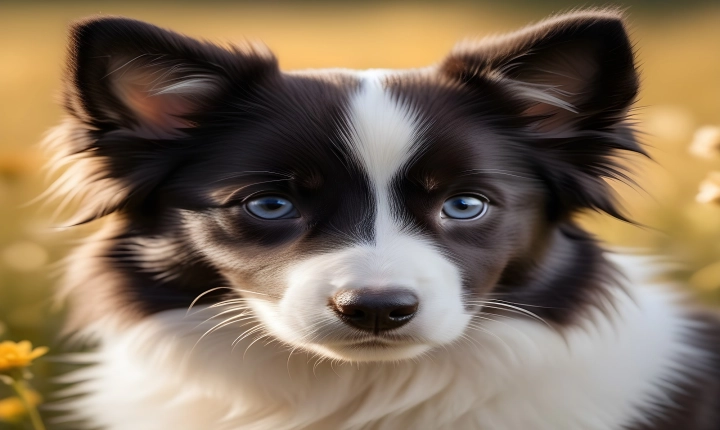Do I Own My AI-Generated Art?
In recent years, artificial intelligence has advanced at an unprecedented rate, leading to the emergence of AI-generated artworks. These artworks are created with the help of algorithms and machine learning, often blurring the line between human and machine creativity. However, this has sparked a debate about ownership rights and the legal status of AI-generated art.
The question of ownership of AI-generated art is complex and multifaceted. In traditional art creation, the artist has full copyright and ownership over their work. But when it comes to AI-generated art, the lines become blurred. The artwork is created by a machine, but the inputs, directions, and parameters are set by a human.
One of the key issues surrounding ownership of AI-generated art is the role of the human creator in the artistic process. While the machine is responsible for the technical execution of the artwork, the creative direction often comes from a human programmer or artist who designs the algorithms and provides the initial input. As a result, it can be argued that the human creator holds some level of ownership over the AI-generated art.
Legal frameworks have been slow to catch up with advances in AI technology, and this poses a challenge when it comes to determining ownership rights for AI-generated art. In some jurisdictions, copyright laws are based on the concept of human authorship, which complicates the application of these laws to AI-generated works. This lack of clarity has led to uncertainty and disputes over the ownership of AI-generated art.
Another aspect that complicates the ownership of AI-generated art is the involvement of commercial entities or organizations in the creation process. Many AI-generated artworks are produced within corporate or research settings, which raises questions about the ownership of the resulting art. In such cases, determining ownership may involve complex legal negotiations and agreements between the human creators, AI developers, and the organizations involved.
Despite the challenges and uncertainties surrounding ownership of AI-generated art, efforts are being made to address these issues. Some experts advocate for establishing clear guidelines and regulations to govern the ownership of AI-generated art, while others propose amending existing copyright laws to accommodate this new form of creative expression.
In conclusion, the question of ownership of AI-generated art is a contentious and complex matter that requires careful consideration from legal, ethical, and creative perspectives. As AI continues to advance and produce increasingly sophisticated artworks, it is crucial for legal and regulatory frameworks to adapt and provide clarity on ownership rights. Ultimately, a balance must be struck between recognizing the contributions of human creators and acknowledging the unique nature of AI-generated art.
